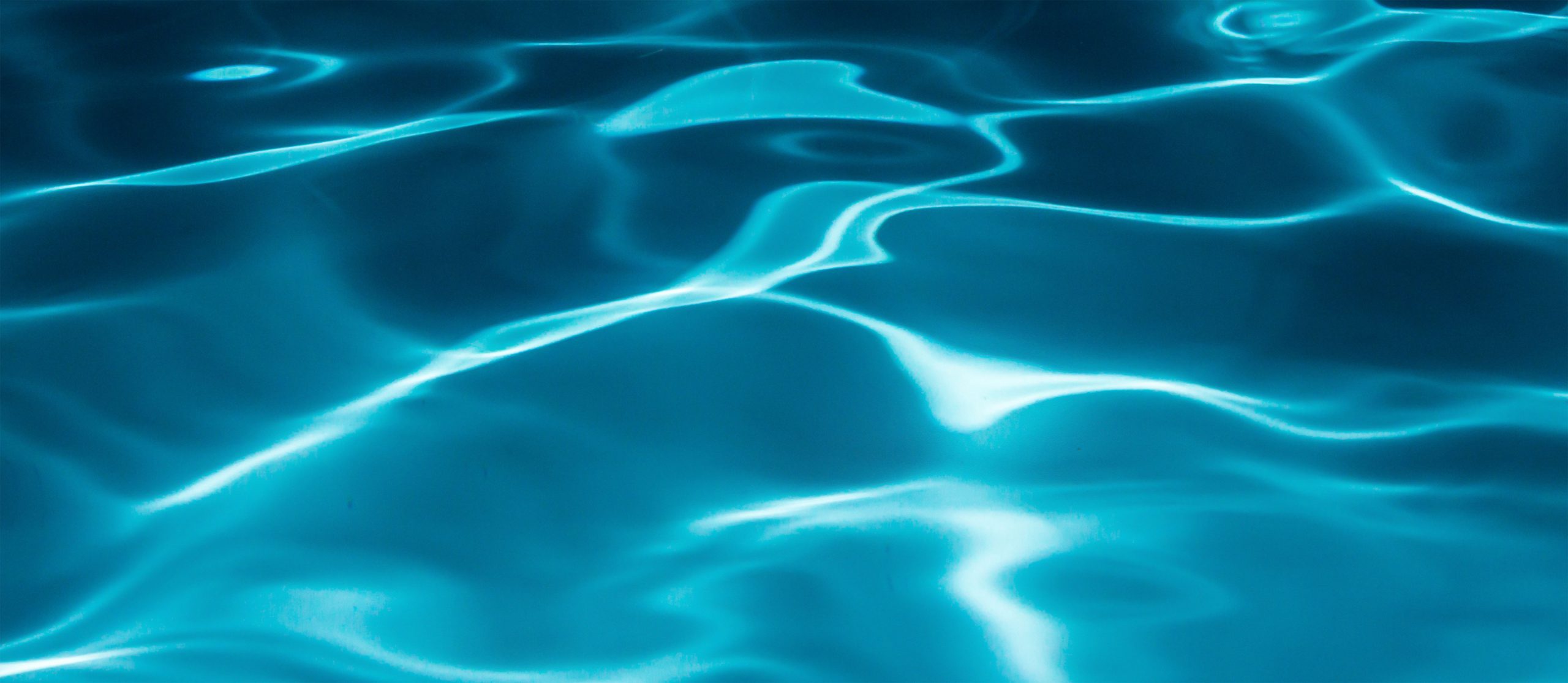What are the benefits and drawbacks of the 3 major pool filter types?
- July 18, 2013
- Pool Maintenance and Renovation,
Whether you’re looking to install your own backyard oasis or trying to update your current pool setup, your choice of pool filters will have a major effect on the health and proper function of the pool. When it’s time to call your Phoenix pool service technicians, they will typically have you choose from three main types of pool filters: sand, cartridge and diatomaceous earth, or DE filters. Each of these devices has its own share of pros and cons and will provide excellent filtering capabilities and work effectively with proper maintenance, but there are significant differences that new pool owners should keep in mind before taking the plunge.
1. Sand filters
According to Pool FYI, sand filters are among the most popular filters on the market and will give homeowners ease of operation, effectiveness and low maintenance over their long life span. A sand filter works by routing the pool water through a sand-filled pressure vessel. A sand filter has the ability to remove particles down to 25 microns. While this is the least effective filtration rate, it still provides great clarity. As dirt and grime begin to accumulate in the bed of sand, only clean and fresh water can be filtered out. However, once this filter fills up, it will need to be backwashed. Eventually, the filter’s media will need to be replaced to assure continued water clarity and effective filtration.
2. Cartridge filters
Another popular type of pool filter is the cartridge design, which is a replaceable product that can capture dirt and debris that is held on by a knob or clamp. These filters are ideal for smaller pools and spas and utilize a fabric filter that removes small particles from a pool. A cartridge filter can collect particles down to 15 Microns. While this product does require more regular maintenance than sand filters, the top can be screwed off very easily and hosed off. According to Aqua Value, these filters can last for many years if they’re cleaned regularly, and pools and spas won’t require backwashing during the cleaning process, which can help eliminate excess water waste.
3. DE filters
A diatomaceous earth unit is a bit more expensive up front when compared to sand or cartridge filters, but the tiny sponge-like particles that make up the filter do an amazing job removing dirt and debris from pool water. DE filters have the ability to filter down to 4 microns, making it by far the best media for filtering pool water. Additionally, DE filters uses far less pumping power to keep the filter working properly, which can help homeowners save money on their utility bills and reduce their impact on the environment. DE filters do require backwashing,which can reduce the water level and the DE filter media, but this can easily be replaced by trained Poolman professionals.


